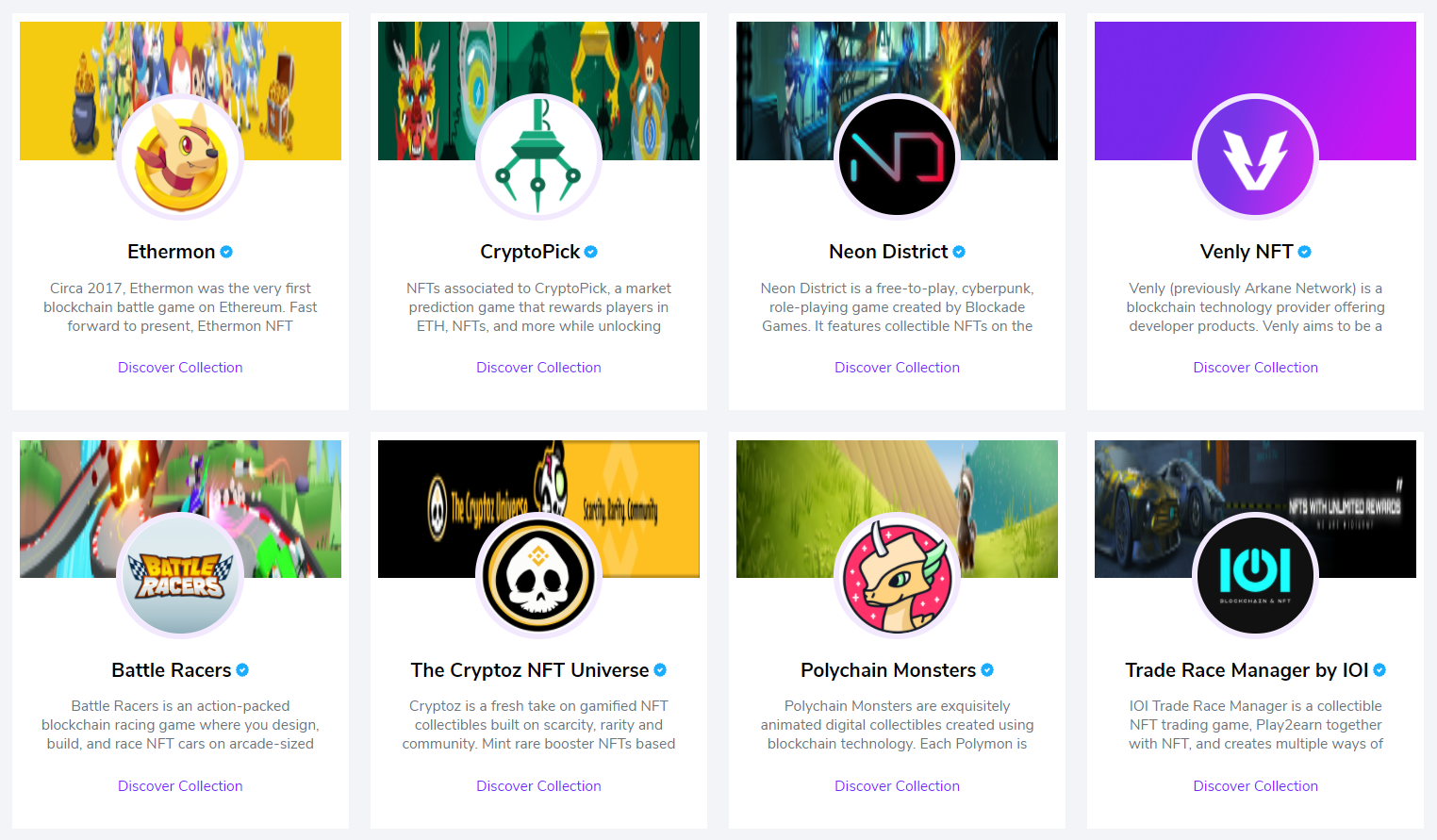
Venly Market

Comisión
Métodos de pago
Blockchain
Categorías
NFTs (5)
Venly Market Review
The Arkane Network was founded in 2018 as a multiblockchain API and wallet service provider. On 8 June 2021, Arkane Network rebranded into Venly.
The Belgium-based Venly launched the first Polygon (Matic) NFT Marketplace in February 2021 (then under the name Arkane Network).
It is based on Binance Smart Chain, Ethereum, and Polygon blockchains. Venly is according to themselves a "preferred partner" of Binance Smart Chain and Polygon Network.
Venly boasts with housing over 100K+ gamers in its ecosystem with over USD 5 million assets in custody.

What is an NFT Marketplace?
An NFT Marketplace is a marketplace for NFT. So far so good. But what is an NFT?
NFT is an acronym for “Non-Fungible Tokens”. Something which is fungible is replaceable. For instance, one kilo of 24 karat gold is – at least in theory – replaceable with any other kilo of 24 karat gold. When something is non-fungible, it means that it is unique, and not replaceable with any other item out there.
Although NFTs are conceptually similar to cryptocurrencies, these digital assets might represent antiques & artworks, collectables like trading cards, and other items with unique features. These tokens are stored cryptographically in a blockchain network for authentication and validation. Even when transacting, each token is sold as a whole, unlike cryptocurrencies which are divisible into smaller units. NFTs lose their value when split into smaller portions, however, they can be duplicated by the artist and each additional copy can be sold separately (but the total number of duplicates will then always be known).
Venly Market Focus
Venly’s NFT marketplace is focused on blockchain games. On one end of the spectrum you have game studios and game creators, whereas on the other you have gamers and collectors. Among other things, the marketplace supports NFTs from the following games/virtual worlds:

Game creators can use this platform to create and manage NFTs to monetize their digital game assets. It also allows individual NFT creators to signup as verified sellers.
NFT trading and auctions on Venly can be carried out on the Ethereum blockchain, the Binance Smart Chain and the Matic Chain.
Venly Market Fees
When you make a trade at Venly, they charge you with a commission. The commission is normally a percentage of the sale amount in the relevant trade.
During the Beta phases, Venly charges 2% per sale in commission, which will increase to 4% after Beta. It will also charge an additional 1% of the earnings for items sold in the secondary market (both during and after beta).
For the purposes of this review, we have listed Venly's fees as 4.00% (the post-beta primary market fee).
Accordingly, if you purchase an NFT worth USD 96 at Venly, you will have to pay USD 100 in total, provided that it is a primary market transaction. If it is a secondary market transaction, an NFT worth USD 95 would cost you USD 100 (5.00%).
Layout of Venly Market
Different NFT Marketplaces present their NFTs, the latest bid and the remaining time of an auction etc. in different ways. What you are most comfortable with viewing and using is up to you and no one else. The following picture is a print screen from Venly.

If you move in to one of the specific NFTs, in this case the NFT called Kiwi NFT #211, the page layout is as follows. As can be seen from the picture below, the layout includes information on price, hard cap, blockchain info etc.

Venly Market Payment Methods
A few of the NFT Marketplaces out there accept deposits and payments via credit or debit card, and some even accept PayPal-deposits. Venly Market is one of those platforms. This means that users can buy NFTs using fiat, and that sellers can withdraw their earnings to their credit or debit cards. Among NFT Marketplaces, this is quite an unusual trait.